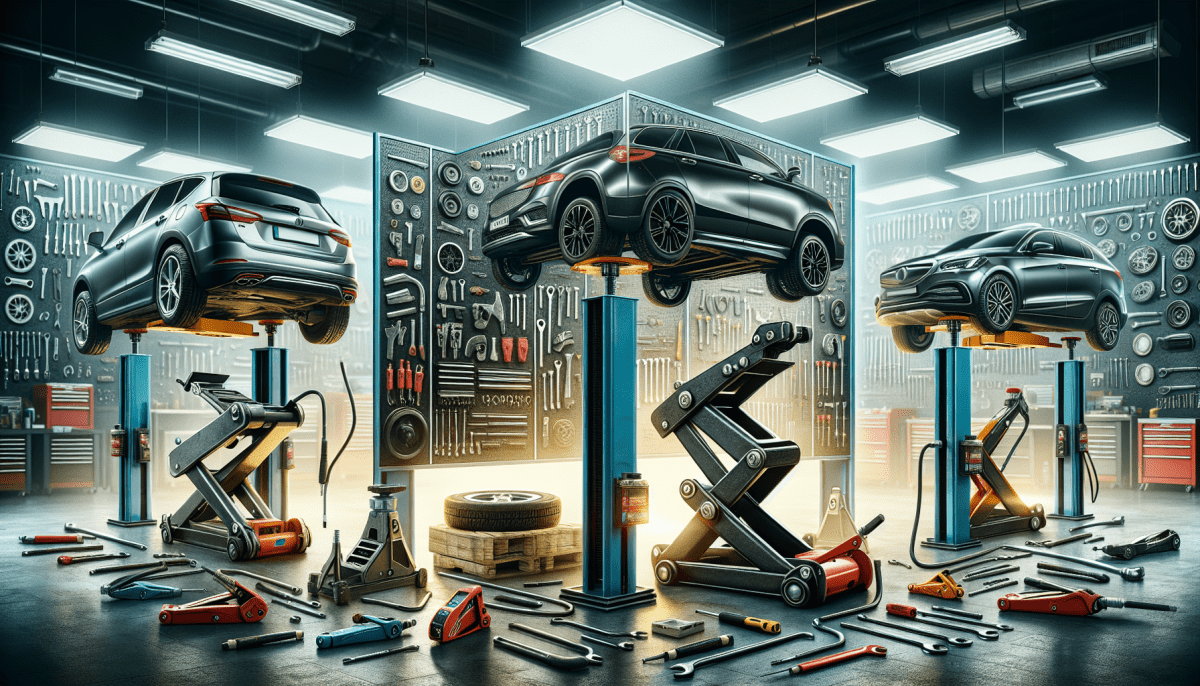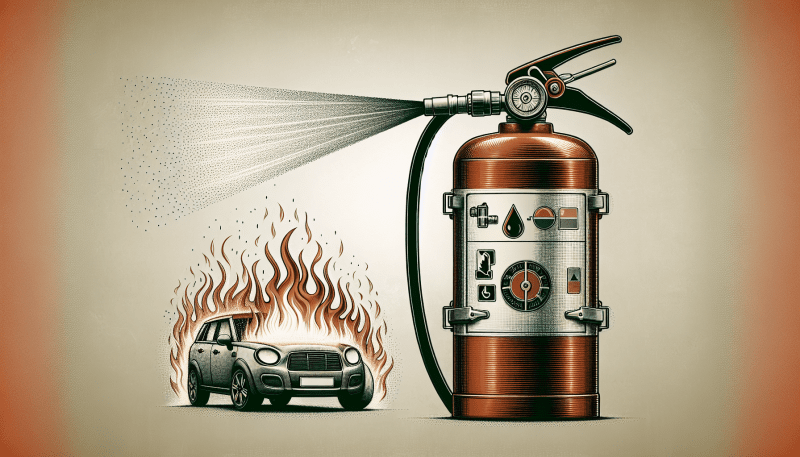When it comes to Car Jacks, choosing the right one can make all the difference. You want a jack that fits your needs, your vehicle, and your comfort level. So, where do you start? Here are a few important factors to consider.
Type of Car Jack: There are several types of Car Jacks to pick from. The most common are:
Weight Capacity: It’s crucial to choose a jack that can handle your vehicle’s weight. Always check the manufacturer’s specifications for your car’s weight and match it with the jack's rated capacity. Going too low can be unsafe!
Ease of Use: Consider how comfortable you are using a particular jack. Floor jacks with wheels make maneuvering easier, while others might require some physical effort. A good rule of thumb is to test the jack out where you can before making a purchase.
By thinking about the type, weight capacity, and usability of Car Jacks, you can find one that suits your needs perfectly. Remember, the right jack keeps you safe while getting the job done, so take your time choosing!
Different Types of Car Jacks Explained
When it comes to car maintenance, having the right tools is key, and car jacks are one of the most essential items in any DIY mechanic's toolbox. But did you know there are different types of car jacks? Each type has its own strengths and is suited for specific needs. Let’s break down the most common types you’ll encounter.
1. Floor Jacks: These are probably the most widely used type of car jacks. They’re low-profile, making them perfect for getting under cars that are closer to the ground. They’re also designed to lift heavy vehicles with ease. Most floor jacks can raise a car several inches off the ground, providing good stability to work underneath.
2. Bottle Jacks: Bottle jacks are compact and mighty. They work vertically and are great for lifting heavier loads. The height they reach can be impressive, but make sure your car has enough clearance to accommodate them. They’re ideal for quick lifts, especially in roadside emergencies.
3. Scissor Jacks: These are often included in vehicles as part of the spare tire kit. They’re compact and light, making them easy to store in your trunk. However, they lift less weight compared to floor or bottle jacks. Scissor jacks are great for simple tasks, like changing a flat tire, but may not be suitable for heavier lifting or extended use.
4. Electric Jacks: If you want to skip the elbow grease, an electric jack might be the way to go. They're powered by your car’s battery, so lifting is as easy as pushing a button. Just remember that they might be a bit bulkier and require a power source, so think about where you can use them effectively.
Safety Tips When Using a Car Jack
Using car jacks is pretty straightforward, but safety is key. Here are some tips to keep you safe while you’re working on your vehicle. First and foremost, always make sure you’re on level ground. This helps prevent the car from rolling or tipping over while jacked up.
Next, inspect the car jack before use. Check for any signs of wear or damage, as a faulty jack can be a real hazard. If you notice any issues, it’s better to wait and grab a new one. Once you’re ready to use your car jack, ensure you place it at the manufacturer's recommended lifting points. This stabilizes the vehicle and minimizes the risk of damage or accidents.
It’s also a good idea to use jack stands after lifting the car with your jack. Car jacks are not designed to hold weight for long periods, so jack stands add an extra layer of safety while you’re working underneath the vehicle. Make sure the jack stands are positioned correctly and can support the weight.
Finally, never work under a vehicle that's only supported by a car jack. This is a huge no-no! Always make sure you’re using both the jack and stands. Taking a few precautions can go a long way in ensuring your safety when using car jacks.
Maintaining Your Car Jack for Longevity
Taking care of your car jack is an easy way to ensure it lasts for years! Just like any tool, regular maintenance can go a long way. Here are some simple tips to keep your car jacks in top shape.
First off, always store your car jack in a dry, clean place. Moisture can cause rust, which not only affects the look but also the functionality. Make it a habit to check your jack for any signs of rust or wear after each use. If you spot any rust, a little bit of rust remover can do wonders!
Next, inspect the lifting mechanism regularly. Make sure it operates smoothly and without any strange noises. If you notice anything off, don’t hesitate to lubricate the moving parts. A little bit of oil can help keep everything running smoothly and prolong the life of your car jack.
Finally, remember to avoid overloading your car jack! Each jack has a weight limit, and exceeding it can cause serious damage. Make sure to check the specifications before using your jack to ensure it’s appropriate for the task at hand. Keeping these small tips in mind will help you make the most out of your car jack for years to come.



